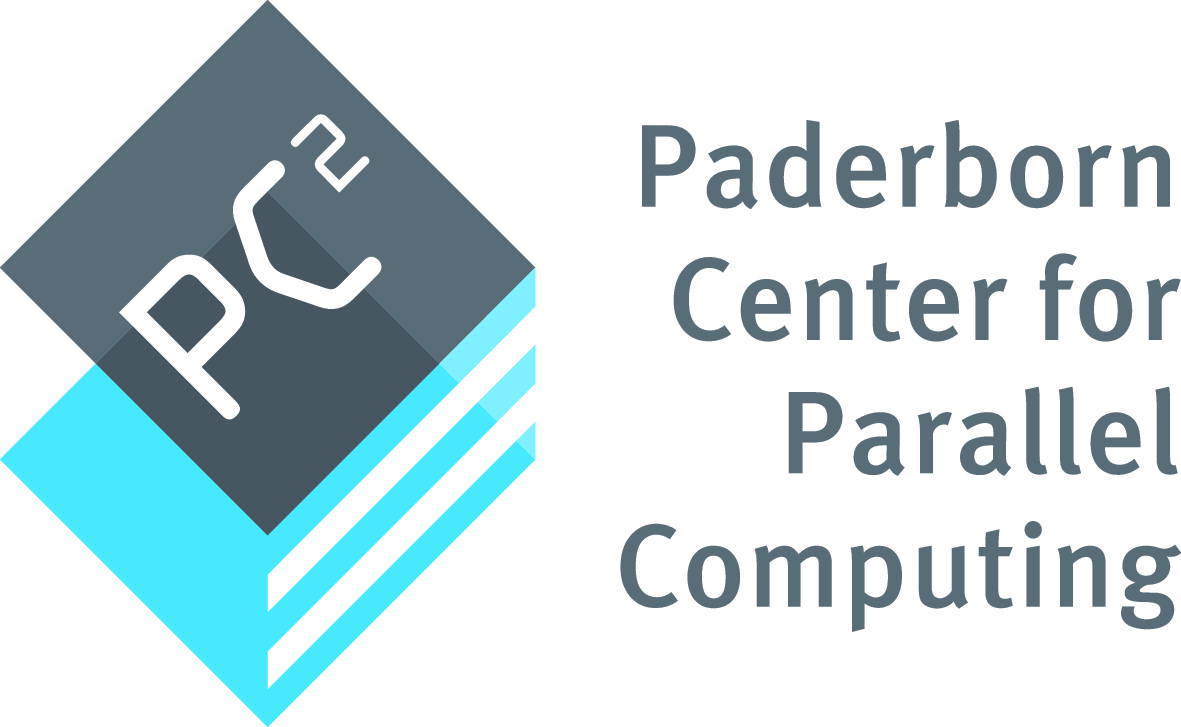Table of Contents
Hands-on Course on Density-Functional Calculations – International CP-PAW Autumn School
Göttingen, 16.09.-27.09.2024
Contact: handson@pt.tu-clausthal.de

This block course introduces first-principles electronic-structure calculations. Lectures provide theoretical background on methods and materials. Practical experience will be gathered during hands-on tutorials using our CP-PAW code. In the optional second week the focus will be on a guided self-study project which will be presented in a seminar. The course targets physicists and chemists during their masters or PhD studies.
| One-week Course | Two-week Course | |
|---|---|---|
| Dates | 16.09. – 20.09.2024 | 23.09. – 27.09.2024 |
| Time | Monday - Friday: 9:00 – 18:00 CEST (UTC+2h) | |
| Location | Georg-August University, Göttingen, Germany | |
| Organizers | Prof. Dr. Peter E. Blöchl, M.Sc. Lukas Rump Dr. Robert Schade, Dr. Xin Wu |
|
| Registration & further information | https://events.uni-paderborn.de/e/cppaw2024 | |
| UniVZ Göttingen | 534590 | 534078 |
| UniVZ TU Clausthal | S2415 | |
In the first week (16.09. – 20.09.2024), students attend lectures in the morning to obtain the theoretical background. Tutors guide practice sessions on using the CP-PAW code in the afternoon. After finishing this week of the course, the participants can independently develop and carry out density-functional calculations and subsequently analyze and judge their results.
Participants decide whether to attend the second week of the course (23.09. – 27.09.2024). They will carry out individual guided projects which they will present in a seminar at the end of the week. Additionally, there will be lectures on advanced topics of density-functional calculations.
The goal of the course is that participants learn to perform density-functional calculations of molecules and solids. Participants will learn to design electronic structure calculations, perform the calculations, analyze results and evaluate their quality. The second week provides additional insight into specialized topics of density-functional methods. Participants train electronic structure calculations in one dedicated project out of a proposed selection.
The course is supported and organized by the Institute for Theoretical Physics of the Clausthal University of Technology, the Institute for Theoretical Physics of Georg-August University Göttingen, the Paderborn Center for Parallel Computing, and the CRC 1073 Atomic Scale Control of Energy Conversion funded by the German Research Foundation DFG. The course is part of the Integrated Research Training Group of the CRC 1073.
Location and Format
The course takes place in Göttingen. PC2 provides computing resources for the tutorial and projects on the Noctua 2 Supercomputer in Paderborn. Participants can work on computer resources available at Göttingen university.
A poster session provides the opportunity for scientific exchange. Please select during registration whether you want to contribute with a poster. Coffee and lunch breaks and a (voluntary) social dinner offer time to discuss, socialize, and network.
Program
The following is a short outline of the courses program. A detailed timetable will be available soon. We will adapt the second week to the participants' needs and interests.
First Week
The course in the first week consists of two lecture series in the morning and practice sessions in the afternoon.
- Lecture “Theoretical Basis of Density-Functional Calculations”
density-functional theory, ab-initio molecular dynamics, electronic structure methods, plane-waves, k-points and supercells - Lecture “Electronic Structure Made Simple”
patterns of bonding, from bonds to band structures, the use of symmetry, patterns of atomic structure - Practice Session “CP-PAW Hands-On”
practical exercises using the CP-PAW code for density-functional calculations
Second Week
In the second week, the focus is on individual guided projects.
- Lecture “Advanced Topics of Density-Functional Calculations”
transition-state theory, ab-initio thermodynamics - Guided individual projects
Participants will study one of several problems. The projects are chosen to cover a range of typical applications. Furthermore, they represent classical questions from solid-state physics and chemistry. Examples of projects are:- Ruby: Impurities and Optical Transitions
- Hydrogen Diffusion in Palladium
- Scanning-Tunneling-Miscroscope Images of Graphene and Adsorbed Atoms
- Pressure-Volume Phase Diagram of Silicon
- Schottky Barrier of Silicon on Aluminium: Interfaces
- Bimolecular Nucleophilic Substitution SN2
- Buckled-Dimer Reconstruction of the Si(001) Surface
- Seminar
participants present their project to the group
Admission
There is no admission or participation fee for members of universities or academic research institutions. Please ensure that you have sufficient funding for travel and accommodation costs. We can not provide financial support. Participants need to apply through the registration form available soon as the number of places is limited. Students from Clausthal or Göttingen university have to register too.
If the course is overbooked, we would need to make a selection. To aid this process, please inform us of your scientific/educational background and your motivation to participate in the appropriate fields of the registration page.
We will inform applicants via e-mail about their admission.
Credits
For students from Göttingen University and the Clausthal University of Technology, the one-week course will count for 3 graded credits and includes an oral examination. The two-week course yields 6 graded credits based on the project presentation in the seminar. The respective modules are available on the UniVZ-pages listed in the table above. External students will not be graded but get a certificate of attendance that states the workload and topic of the course. Other universities usually accept this such that you might use it for your masters or PhD lecture quota.





